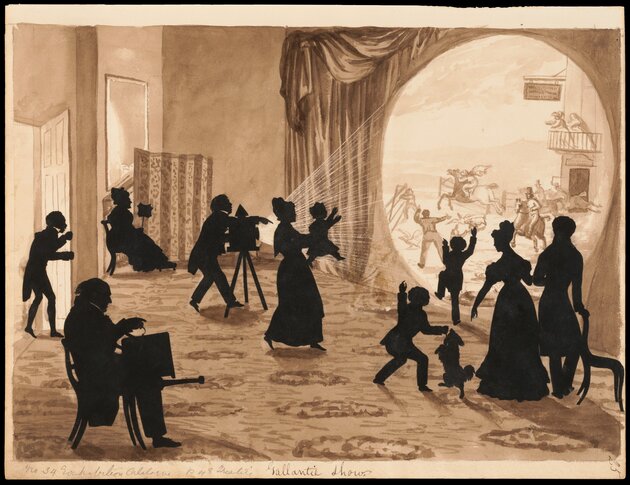Media History

Rapid technological change in recent years has created an enhanced awareness of the importance and influence of different media in contemporary society. But in fact, mediated communication has been key to human existence ever since the birth of human culture. Media, understood in a broad sense as everything from rock carvings, oral hymns, coins, statues, letters, newspapers, photography, radio, TV, film, advertisements and Twitter, all have histories of their own. Once upon a time, old media were new and introduced fresh modes of connecting peoples and places. Furthermore, some media, once pivotal, are almost forgotten today. Yet, sometimes what we think of as an up-to-the-minute way of communicating actually bears important traces of ancient tradition of human interaction. Throughout history, people have used media in diverse and often unpredicted ways. That is why the power of different media is as relevant to ancient civilisations as it is to the digital age.
By studying Media History, you will learn how to carry out deep qualitative analyses and to closely interpret media content, form and use in a historical perspective. After your education, through constant comparisons between then and now — and between different countries and cultures — you will be well equipped to make predictions about possible future media forms and systems and the ways in which these might shape society. But you will also develop a critical gaze and a sound scepticism towards swift judgements about contemporary technological or cultural trends. Your skills will be of much use in many circumstances and professions, for example in teaching or working at museums, libraries, archives, publishing houses, newsrooms or communication agencies. In other words, the courses will be an excellent complement to education in a range of subjects within the social sciences or humanities, such as journalism, media and communication studies, strategic communication, information science, art and film studies, studies of book markets and publishing, history, sociology, political science or gender studies.
Media History has been an academic subject at Lund University since the 1970s, but under different names. Emerging from literature studies, it originally directed its focus towards newspapers as literature, and journalism as an art. Gradually the scope widened, with studies conducted into changes in media power, the production of journalistic ideals, and the formation of journalistic identities. The fundamental assumption of Media History is that history is needed in order to understand the media, but also that knowledge about media is crucial to the interpretation of history. If you are a history student, Media History will help you to improve your comprehension of the complexity and mediality of different historical source materials. At Lund University, Media History emerged in its current form in 2011. From spring 2020, all courses will be held in English, bringing together students from different parts of the world with opportunities to specialise in and share their knowledge of a multitude of media cultures.
